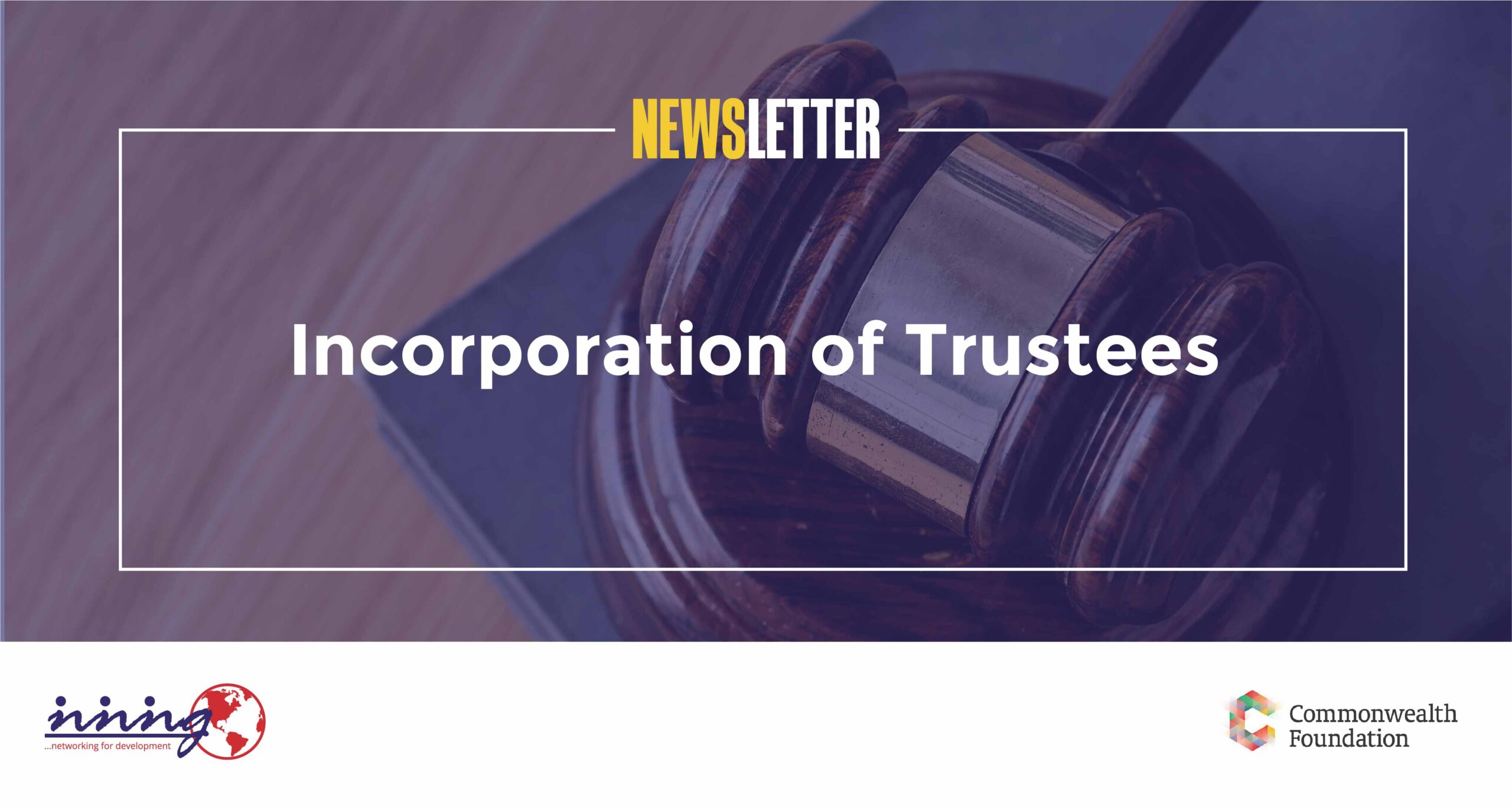NNNGO Newsletter on Understanding the Companies and Allied Matters Act – April, 2019

For nonprofits to be registered with the Corporate Affairs Commission; it is required that they go through the process of application as specified by the commission. The commission requires that the prescribed application form be manually or electronically (online) filled by organisations intending to register, stating in the form, the name of the proposed corporate body which must contain the words: “Incorporated Trustees of (organisation’s name), aims/objectives of the organisation and names/addresses/occupations of the organisation’s secretary.
To be attached to the completed application form are the following; evidence of approval of name, two passport sized photographs, two printed copies of the organisation’s constitution, duly-signed copies of minutes of the meeting appointing the trustees and authorizing the application, showing the people present and the votes scored, the impression of the proposed common seal if the organisation has one and a payment fee of #37,000 (Incorporation of Trustees – 30,000, Certified True Copy of Constitution- 5,000 and Certified True Copy of Incorporated Form -2,000). This application form must then be signed and submitted to the commission.
The commission may at any time require a declaration in the dailies or any other evidence to verify if the statements and particulars provided by the organisation making the application are true and valid.
Failure to provide true and accurate information for the purpose of incorporating trustees with the Corporate Affairs Commission makes the organisation submitting the application liable to a penalty of one year imprisonment or a fine as specified by the court.
This newsletter is supported by the Commonwealth Foundation. However, the ideas and opinions presented in this document do not necessarily represent those of Commonwealth Foundation, NNNGO or any other organisations mentioned.









